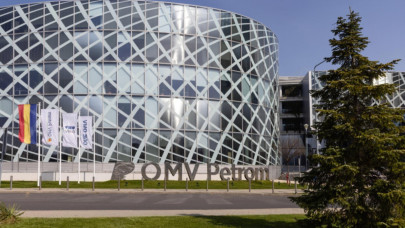According to statements released both by OMV and Wizz Air earlier this week, the MoU supports the airline in achieving its goal of reducing CO2 emissions by 25% by 2030, as well as their commitment to achieving net zero emissions by 2050.
"With the lowest CO2 intensity per passenger kilometre in Europe, one of the youngest fleets in the world, and numerous fuel efficiency initiatives, Wizz Air is already leading the aviation industry to a more sustainable future," the carrier said.
OMV is implementing numerous measures to help deliver its ambitious strategic sustainability goals, and SAF is a key technology for the decarbonization of the aviation industry, said OMV.
"The goal involves increasing SAF production to as much as 700,000 tons in 2030. This is in line with OMV's ambition to become a net zero company by 2050 at the latest (for Scope 1, 2 and 3). To this end, clear medium-term and long-term emission reduction targets have been defined as part of the OMV Strategy 2030."
"Supporting the production and research of SAF technologies is one of our priorities and we are pleased to co-operate with OMV to further reduce the aviation industry's carbon footprint," commented Owain Jones, Development Officer at Wizz Air.
"SAF is the most significant path to decarbonizing aviation in the coming decades. Our strategic relationship is enabling the way to a more sustainable aviation future we both want to be part of," said Nina Marczell, OMV Vice President Aviation, Fuel Distribution & Public Sector.














